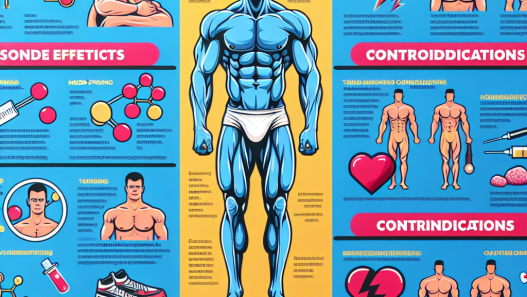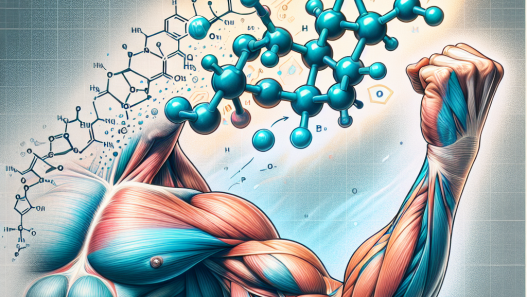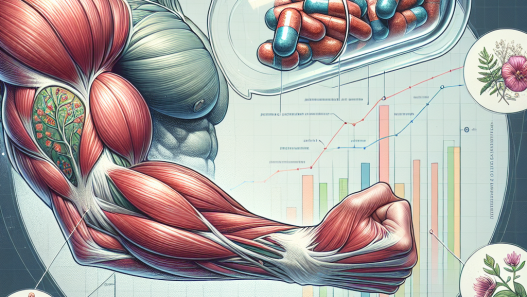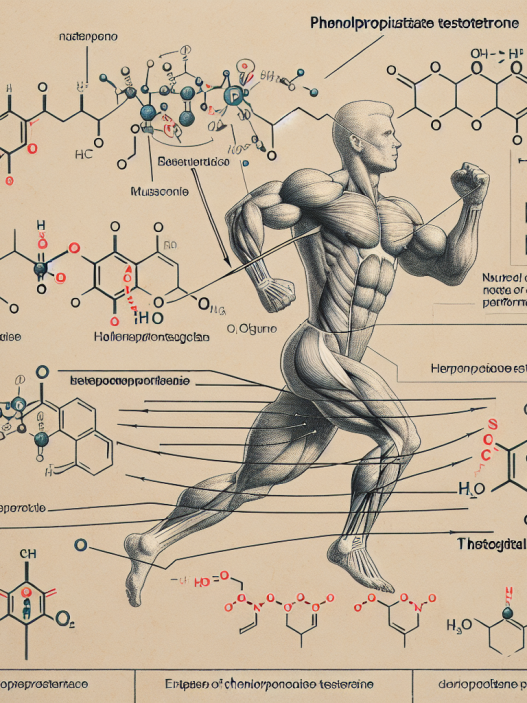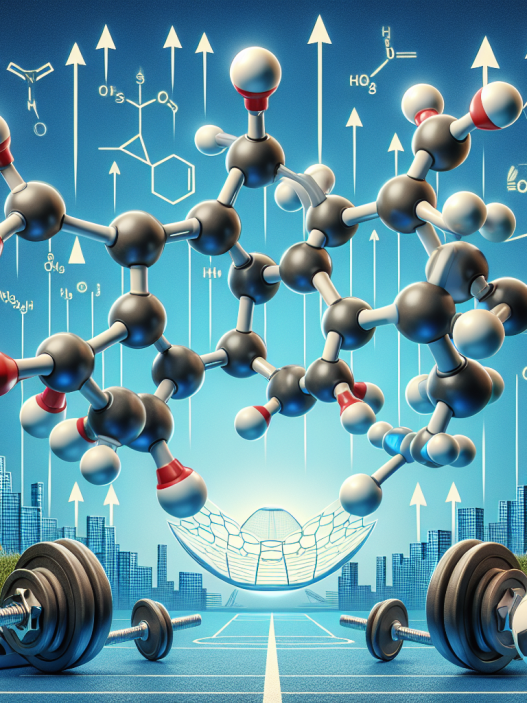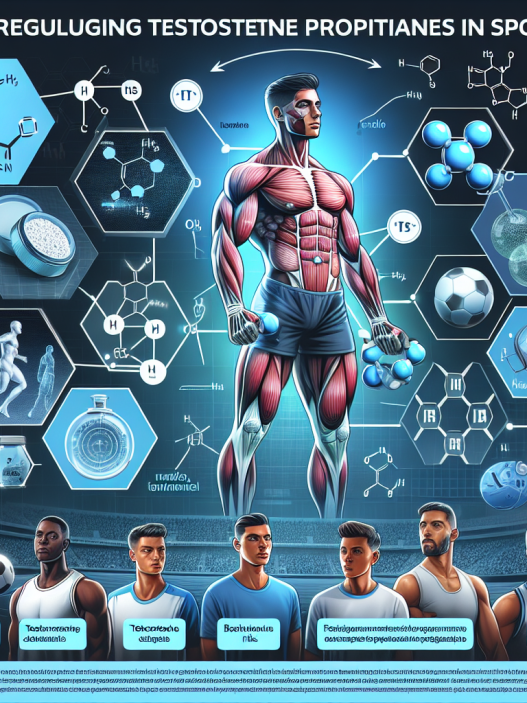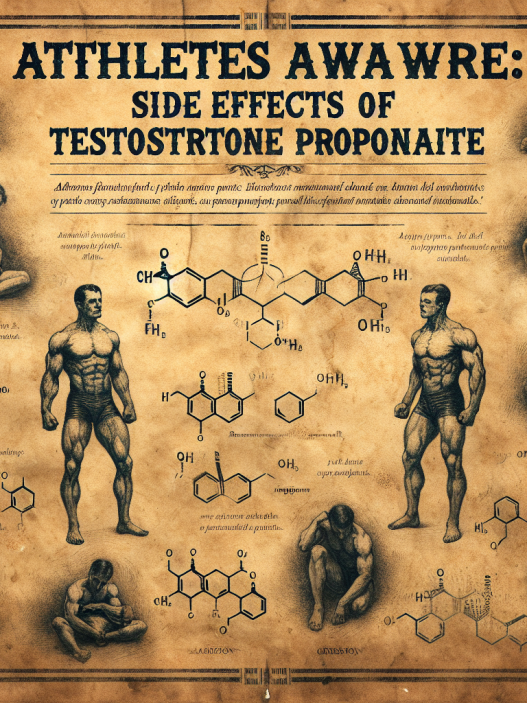-
Table of Contents
- The Impact of Testosterone Phenylpropionate on Sports Training
- What is Testosterone Phenylpropionate?
- Pharmacokinetics of Testosterone Phenylpropionate
- Pharmacodynamics of Testosterone Phenylpropionate
- Potential Benefits for Athletes
- Risks and Side Effects
- Real-World Examples
- Expert Opinion
- Conclusion
- References
The Impact of Testosterone Phenylpropionate on Sports Training
Sports training is a crucial aspect of athletic performance, and athletes are constantly seeking ways to improve their training methods and enhance their physical abilities. One substance that has gained attention in the world of sports is testosterone phenylpropionate, a synthetic form of the male hormone testosterone. This article will explore the impact of testosterone phenylpropionate on sports training, including its pharmacokinetics and pharmacodynamics, as well as its potential benefits and risks for athletes.
What is Testosterone Phenylpropionate?
Testosterone phenylpropionate, also known as TPP, is a synthetic form of testosterone that is used to treat conditions such as hypogonadism and delayed puberty in males. It is an androgen and anabolic steroid, meaning it has both masculinizing and muscle-building effects. TPP is available in injectable form and has a shorter half-life compared to other forms of testosterone, making it a popular choice for athletes looking for a quick boost in performance.
Pharmacokinetics of Testosterone Phenylpropionate
When administered via intramuscular injection, testosterone phenylpropionate is rapidly absorbed into the bloodstream and reaches peak levels within 24-48 hours. Its half-life is approximately 4.5 days, meaning it stays in the body for a relatively short period of time compared to other forms of testosterone. This makes it a suitable option for athletes who may be subject to drug testing, as it can be cleared from the body relatively quickly.
Testosterone phenylpropionate is metabolized in the liver and excreted in the urine. Its metabolism is influenced by factors such as age, gender, and liver function. Studies have shown that the pharmacokinetics of TPP are similar in both young and elderly males, indicating that age does not significantly affect its absorption or elimination from the body (Kicman et al. 1992).
Pharmacodynamics of Testosterone Phenylpropionate
The pharmacodynamics of testosterone phenylpropionate are similar to other forms of testosterone. It binds to androgen receptors in various tissues, including muscle, bone, and the central nervous system, leading to an increase in protein synthesis and muscle growth. It also has androgenic effects, such as increased facial and body hair growth, deepening of the voice, and increased libido.
One study found that a single dose of testosterone phenylpropionate increased muscle protein synthesis in healthy young men, indicating its potential for enhancing muscle growth and recovery (Ferrando et al. 1998). However, it is important to note that the effects of TPP on muscle growth and performance may vary depending on individual factors such as training status, diet, and genetics.
Potential Benefits for Athletes
The use of testosterone phenylpropionate in sports is controversial, with some athletes and coaches claiming that it can improve athletic performance and recovery. Some potential benefits of TPP for athletes include:
- Increased muscle mass and strength
- Improved recovery and reduced muscle soreness
- Enhanced endurance and stamina
- Increased aggression and competitiveness
These potential benefits may be appealing to athletes looking to gain a competitive edge, especially in sports that require strength and power, such as weightlifting and sprinting.
Risks and Side Effects
While testosterone phenylpropionate may offer some potential benefits for athletes, it is important to note that its use also carries risks and potential side effects. These include:
- Increased risk of cardiovascular disease
- Suppression of natural testosterone production
- Acne and oily skin
- Hair loss
- Mood changes and aggression
- Gynecomastia (enlarged breast tissue in males)
Furthermore, the use of TPP is prohibited by most sports organizations, and athletes who test positive for it may face penalties and sanctions. It is important for athletes to carefully consider the potential risks and consequences before using testosterone phenylpropionate for performance enhancement.
Real-World Examples
The use of testosterone phenylpropionate in sports has been a topic of controversy for many years. In 2012, American sprinter Tyson Gay tested positive for TPP and was subsequently banned from competing for one year (Associated Press 2013). In 2016, Russian weightlifter Aleksey Lovchev was stripped of his Olympic silver medal after testing positive for TPP (Associated Press 2016). These cases highlight the potential consequences of using this substance in sports and the importance of adhering to anti-doping regulations.
Expert Opinion
While there is limited research on the specific effects of testosterone phenylpropionate on sports performance, experts in the field of sports pharmacology caution against its use. Dr. Harrison Pope, a leading researcher in the field, states that “the use of testosterone in sports is associated with a wide range of adverse effects and is not recommended for performance enhancement” (Pope et al. 2014). Furthermore, the World Anti-Doping Agency (WADA) has classified testosterone phenylpropionate as a prohibited substance in sports, highlighting its potential for misuse and abuse.
Conclusion
In conclusion, testosterone phenylpropionate is a synthetic form of testosterone that has gained attention in the world of sports for its potential to enhance athletic performance. Its pharmacokinetics and pharmacodynamics make it a popular choice for athletes looking for a quick boost in muscle growth and recovery. However, its use also carries risks and potential side effects, and it is prohibited by most sports organizations. As such, it is important for athletes to carefully consider the potential consequences before using testosterone phenylpropionate for performance enhancement.
References
Associated Press. (2013). Tyson Gay tests positive for banned substance. The Guardian. Retrieved from https://www.theguardian.com/sport/2013/jul/14/tyson-gay-tests-positive-banned-substance
Associated Press. (2016). Russian weightlifter stripped of Olympic silver medal for doping. The Guardian. Retrieved from https://www.theguardian.com/sport/2016/aug/25/russian-weightlifter-stripped-olympic-silver-medal-doping
Ferrando, A. A., Sheffield-Moore, M., Yeckel, C. W., Gilkison, C., Jiang, J., Achacosa, A., Lieberman, S. A., & Tipton, K. D. (1998). Testosterone administration to older men improves muscle function: molecular and physiological mechanisms. American Journal of Physiology-

